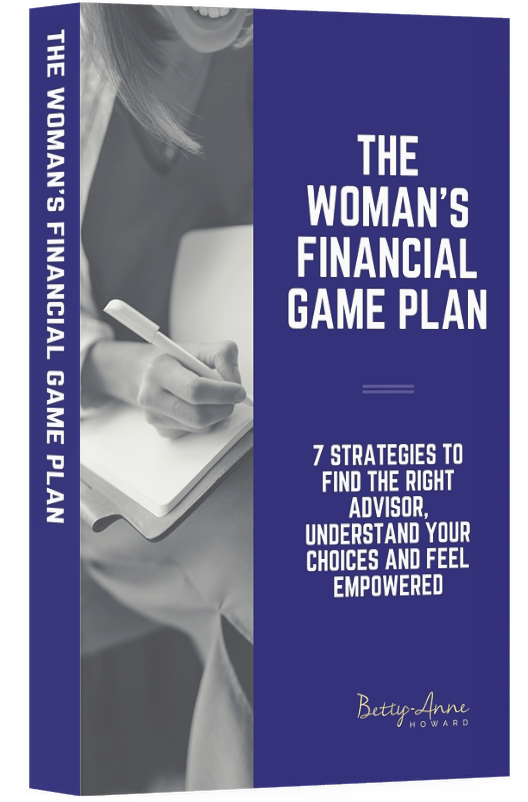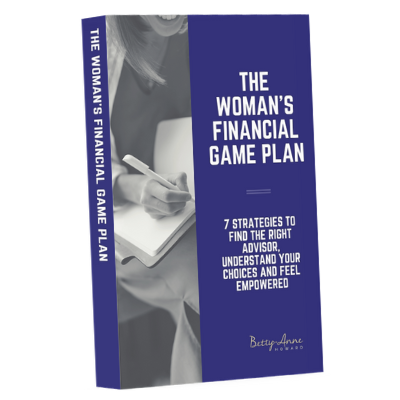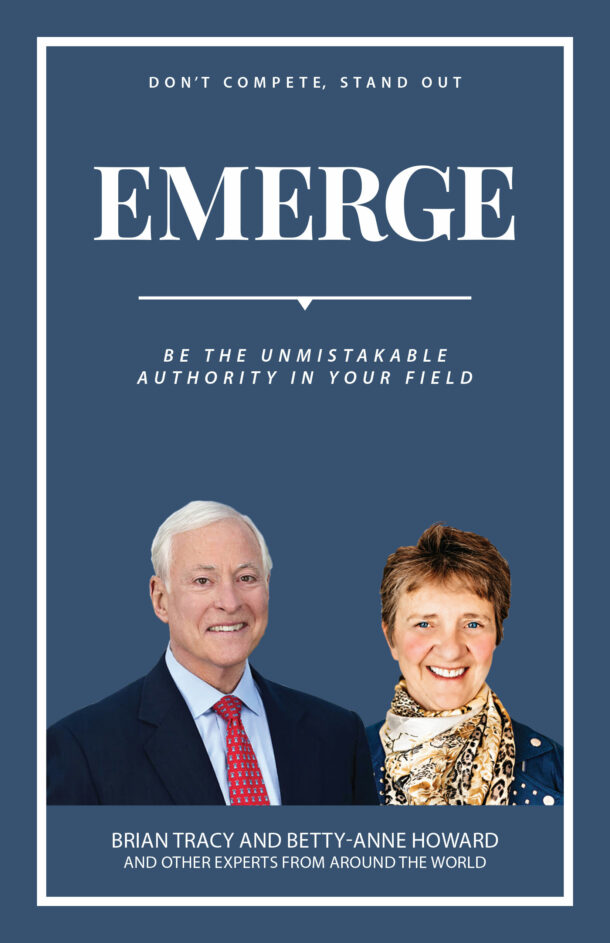
When thinking about our retirement and planning for that eventuality, most of us focus on the financial side of this significant life event and not so much on the emotional side.
There are good reasons for this; the first question we get asked and often ask ourselves goes something like this: “How much income will I need to retire?” followed by, “When can I realistically retire?” This last question refers to more specific figures and when those exact numbers should be met.
Our response to our clients is often, “Well, it depends on what you want to do in retirement!” and this answer is usually greeted with somewhat of a blank expression. After all, most of the images of retirement that we see portray couples sailing off into the sunset near some remote and exotic island, which is certainly not even close to reality for many of us.
Often we simply assume that in retirement, we will be joyfully not working, and we’ll figure out what we will be doing when that time comes. What we’re discovering with our clients who’ve just entered into the retirement phase of their lives is that the reality of planning to retire requires some emotional and psychological preparation.
In many ways, we all dream about the day when we have the choice to work or not work while imagining our retirement will mainly consist of having fun because we’re not working! Thus, more of the emphasis is a moving away from something instead of moving towards something, like a joyful retirement and all that it entails.
We have found that the numbers are only one significant part of considering when to retire; the other is to prepare ourselves mentally and emotionally for what’s about to transpire. Of course, there are a lot of differences between us as individuals and couples when it comes to our wants, needs, hopes, and dreams because we’re not all the same person, but a great retirement plan can take into consideration both our individual needs and the desires of a couple.
Let’s have a look at some of the general factors we need to consider before retirement.
The 5 Stages of Retirement

As a companion piece to this blog post, we highly recommend the Mackenzie Investments workbook, The Purposeful Retirement Workbook for Investors. You can get a copy of it by clicking the link below:
Let’s begin with the 5 stages of retirement. The 5 stages are:
-
- Pre-retirement
- Full Retirement
- Disenchantment
- Reorientation
- Reconciliation and Stability
For the purpose of this article, we’re only going to focus on the first stage, which is pre-retirement.
Pre-Retirement And Your New Life

Pre-retirement is the stage before you actually retire, and it involves imagining your new life and planning for it. We use an appreciative inquiry approach by asking questions to take our clients through this positive aspect of bringing your strengths and previous experiences into your thinking about your future.
From a discovery point of view, we want to know what is working for you now in your life, what you value most about retirement, and what helps bring out your best self when thinking about retirement. This exploration is followed by looking at your dreams, envisioning what might be or your ideal vision for your retirement.
After we’ve delved into those topics, we move on to designing and co-constructing your vision into a plan. Did you know that, according to the most recent Fidelity Report on Retirement, “having a financial advisor is a key factor in ensuring retirement success? Canadians working with an advisor were more likely to feel positive about their financial goals and investment opportunities.”
For example, 64% of pre-retirees with an advisor indicated they have peace of mind that their financial goals are on track, compared to 34% of pre-retirees with no advisors. Thus, Fidelity concludes in this 2023 report that; “a written financial plan is crucial to feeling prepared in retirement.” The question then becomes, does being prepared and planning for the emotional aspect of retirement enhance that peace of mind?
We look forward to when Fidelity includes more questions that relate to emotional and psychological preparedness with pre-retirees in the future. They did report that 83% of pre-retirees felt emotionally prepared given they have a plan vs. 60% of those respondents without a plan. The numbers look similar for social preparedness.
In conclusion, the Fidelity survey notes that; “although we repeatedly see the value of a written plan, most Canadians do not have one. Of those with a plan, 82% worked with their financial advisors to build it.”
In case you’re wondering, the essential components of a written financial plan, according to the Fidelity report, should include the following:
-
- Details about sources of income in retirement
- Budget estimate for spending in retirement
- An estimate of total savings required
- Budget for day-to-day spending
- Budget for health care costs and requirements
- A plan for transferring wealth to the next generation
- Funding for home modifications and renovations to age in place
We want to ensure you have fun and find purpose in this stage of your life. So, along with your finances, you need to consider what will make you happy and fulfilled while transitioning to retirement. By doing so, you will have a much smoother experience, including making lifestyle decisions, such as downsizing to have more financial freedom and the ability to age at home.
Indeed, retirement is a time of excitement and anticipation, but it can also be a time for worry and doubt, especially in the year or two before retirement.
Understanding Your Life Wheel

We can break this down further to help you retire from work with emotional resilience using what Mackenzie Investments has called Your Life Wheel.
Inside The Purposeful Retirement Workbook, there is an exercise that helps you evaluate and understand how your current life compares to how you’d like it to be in retirement.
It starts with looking at the different elements of your life called Your life wheel. This includes spheres of life like:
-
- Finance or Wealth
- Health or Fitness
- Social Life or Friends
- Family
- Romance or Love
- Recreation or Fun
- Contribution
- Personal Growth
- Spiritual
- Business or Career or Studies
You evaluate how critical each area is in your life, identify which of them you want to devote more time and energy to, and what you need to do more of to move the dial towards what you want to achieve.
This purposeful retirement process includes completing inventories to assess your levels of; stress, happiness, retirement mindset, unique talents, skills, and personal non-financial needs. This process of self-discovery can provide insights into how best to draw on your strengths, values, and purpose to have the best possible retirement ahead.
Using The Purposeful Retirement Workbook
Mackenzie Investments summarizes the process beautifully:
“The transition from working full-time to having lots of free time in retirement can be surprisingly stressful. It can be difficult to replace the sense of purpose and feeling of belonging that work gave you. Being able to fill your time with meaningful and enjoyable activities that fit into your retirement budget can be a juggling act.
Your advisor can help you achieve this by taking you through our purposeful retirement workbook for investors. It’s designed to help you identify activities that will provide you with a happy, fulfilling retirement while allowing you to use your unique talents and skills.”
Many of our clients who have transitioned into retirement tell us how, through this process, they’ve come to develop their purpose further.
What Are Your Retirement Goals?

It’s important to consider your values and purpose when examining if you are emotionally ready for retirement. Many of our clients set retirement goals that align with their values.
For example, one couple we know spends time creating a community garden group whereby, given they were working as organic farmers before their retirement, they brought together community members who wanted to become more sustainable via their food growing, production, and distribution. These clients enjoy sharing their expertise while enhancing their community spirit, in keeping with their goal to play their part in reducing their carbon footprint to combat climate change.
They’ve adjusted their retirement goals to align what they do with their time and resources with their values, including making a difference in the world and their community.
Other examples include clients of ours who’ve shifted their retirement priorities as soon as their grandchildren came into the picture. Their adult children are spread all across Canada and other countries. And so, they’ve decided to downsize their home and take the proceeds from the sale to invest in something that will provide them with tax-efficient income to pay for their rent.
They want to have the financial freedom to travel and spend as much time as possible with their grandchildren, watching them grow and be a huge part of their lives. To achieve that, it meant spending less time on the maintenance and upkeep of their current home.
Key Takeaway
I would like to end this blog with a story. My niece Bai-Lee sent me a couple of short videos of her four-year-old daughter, my great-niece, Piper playing soccer. In the first video, she had an open line to the goal, and sure enough, she got the ball in with great panache.
After her high five with her mother, the next video shows her approaching the net with two little boys surrounding her, about to take the ball away from her as she shouts red-faced and exasperated, “There are too many people here!!” which I found both hilarious in her mindset and determination along with a great life lesson on this topic.
Just like Piper, some of our best-laid plans can take us to our goals, and it’s pretty much clear sailing with only a little effort – we score!
In other situations, we have many factors to consider and challenges facing us that get in our way, just as Piper did when she exclaimed “there are too many people here!” – that is, the other players who were getting sharper in their game.
As we know and as Piper discovered, simply saying the words does not alleviate the obstacles in this game of life, and a bit more strategizing and planning can go a long way to get that proverbial ball into the net and score!
I hope this article has helped you to consider how to prepare yourself mentally and emotionally for retirement. If you are looking for a partner to help you sort through what that looks like for you, please get in touch and let’s talk!






0 Comments